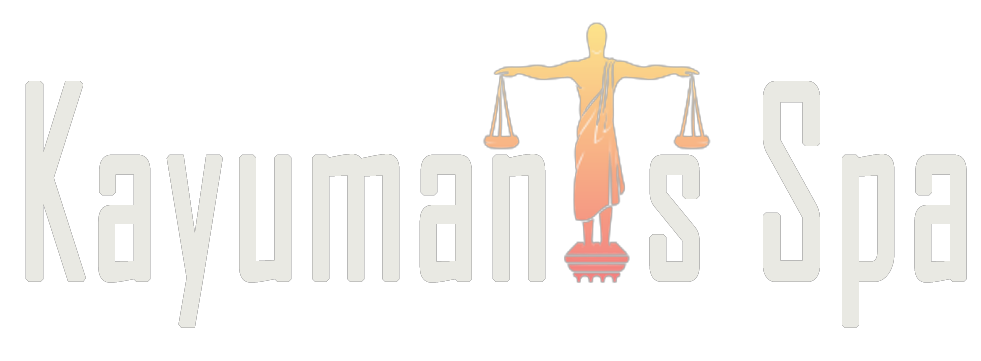Unveiling the Tax Calendar When Do You Pay Income Tax?
Tax season is an inevitable aspect of financial responsibility, but the question remains: when do you pay income tax? Let’s demystify the timeline of income tax payments to ensure you stay on the right side of fiscal compliance.
Contents
- 1 Understanding Tax Filing Deadlines
- 2 1. Annual Tax Filing Deadline
- 3 2. Quarterly Estimated Tax Payments
- 4 Special Considerations for Unique Circumstances
- 5 1. Retiree Income Required Minimum Distributions (RMDs)
- 6 2. Investment Gains Capital Gains Tax
- 7 Navigating Payment Methods
- 8 1. Direct Payment or Withholding
- 9 2. Electronic Funds Transfer (EFT) or Check
- 10 The Bottom Line Stay Informed, Stay Compliant
Understanding Tax Filing Deadlines
1. Annual Tax Filing Deadline
The primary deadline for income tax payment revolves around the annual tax filing. For most individuals, this crucial date falls on April 15th in the United States. It’s imperative to submit your tax return and settle any outstanding tax liabilities by this deadline to avoid penalties and interest.
2. Quarterly Estimated Tax Payments
For those with income not subject to withholding tax, such as self-employed individuals and freelancers, quarterly estimated tax payments come into play. These payments are due four times a year, typically in April, June, September, and January.
Read Also: Unraveling the Mystery Do You Pay Income Tax on Dividends?
Special Considerations for Unique Circumstances
1. Retiree Income Required Minimum Distributions (RMDs)
Retirees need to be mindful of Required Minimum Distributions (RMDs) if they have tax-advantaged retirement accounts like Traditional IRAs or 401(k)s. RMDs usually kick in after the age of 72, and failing to withdraw the required amount can result in hefty penalties.
2. Investment Gains Capital Gains Tax
If you’ve made profits from selling investments, capital gains tax might apply. The timing of when you pay this tax depends on whether the gains are short-term or long-term. Short-term gains are typically taxed at your ordinary income tax rate, while long-term gains often enjoy preferential rates.
Read Also: Unraveling the Impact Income Tax Changes 2023
1. Direct Payment or Withholding
Income tax payments can be facilitated through direct payments or employer withholding. If you’re employed, your employer may withhold taxes from your paycheck, ensuring compliance throughout the year. Alternatively, individuals with various income sources might opt for direct payments to tax authorities.
2. Electronic Funds Transfer (EFT) or Check
When it comes to settling your tax bill, you have options. Electronic Funds Transfer (EFT) provides a swift and secure method, while traditionalists may choose the classic route of sending a check.
Read Also: Unraveling the Impact Income Tax Changes 2023
The Bottom Line Stay Informed, Stay Compliant
Understanding when you pay income tax is pivotal for financial planning and compliance. Mark key dates on your calendar, be aware of unique circumstances that may alter your tax obligations, and choose a payment method that aligns with your preferences.
As you navigate the intricacies of income tax, staying informed and proactive will empower you to meet your financial obligations with confidence. Remember, a well-informed taxpayer is a financially empowered one.




